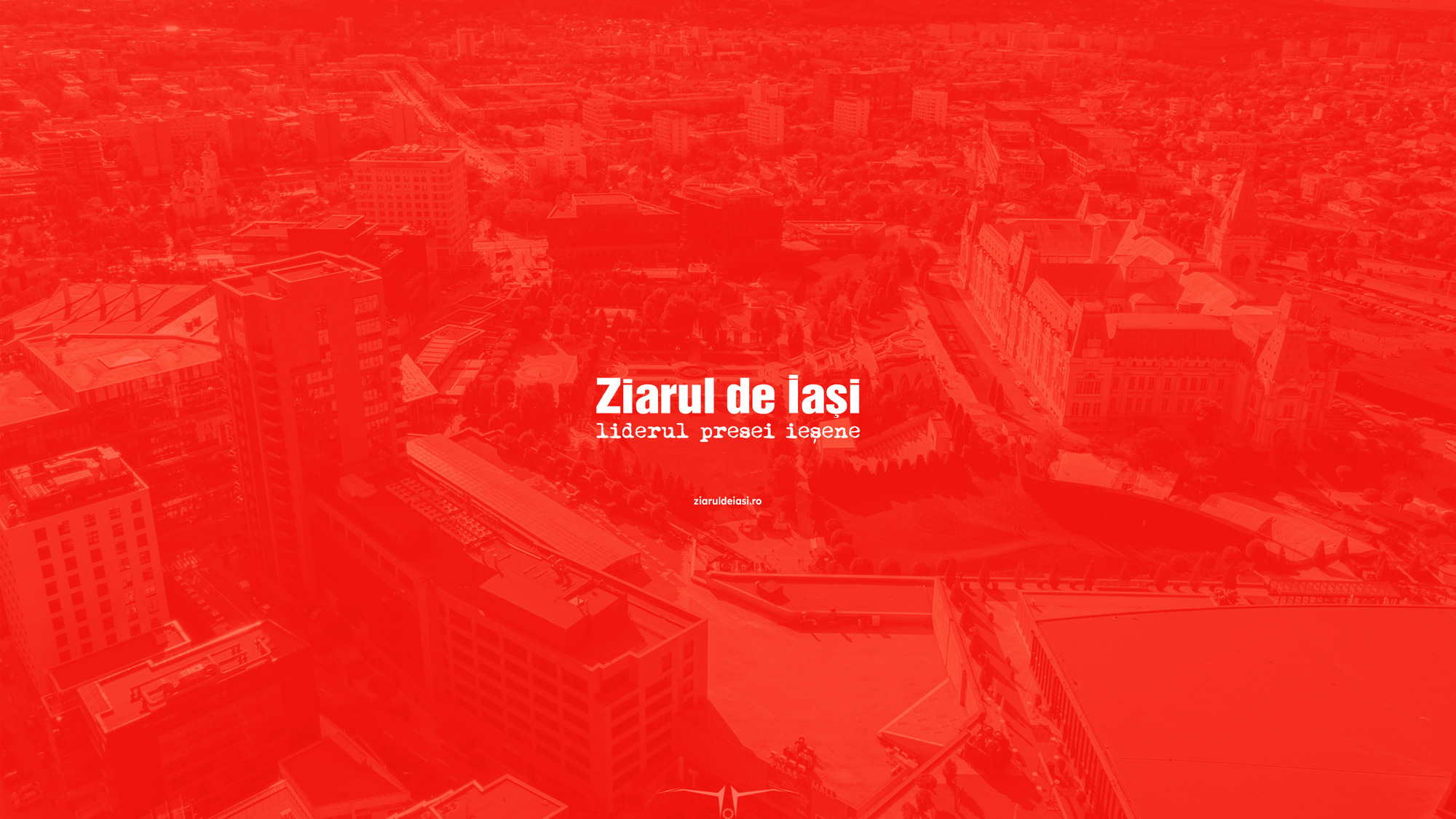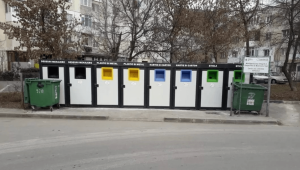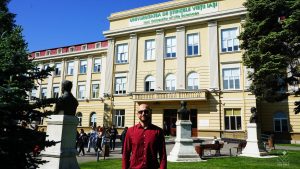
On Friday, the Ministers of Justice and External Affairs of the states belonging to EU decided that Bulgaria’s name should disappear from the visas’ black list, whereas Romania should maintain the same visa regime, until it observes a certain number of conditions. The same evening, at Sofia, the Bulgarian Minister of External Affairs, Nadejda Mihailovna, burst out crying of joy. "For the Bulgarian citizens, the wall of Berlin has started falling today", Peter Stoyanov (the Bulgarian prsident) declared, trying to dissimulate his colleague’s emotion.
Bucharest officials received the EU decision with consternation. Most Romanians already think that their future is pretty bleak. The Romanian Minister of External Affairs, Petre Roman, is the only one who seems to be happy. Smiling, he declared during a press conference that the "decision made at Brussels is satisfactory".
Three years ago, we were pitying the Bulgarians. Some of us even laughed when we heard that the price of eggs rose three times a day at Sofia and that the retired persons used the tramways in order to get rid of the frozen atmosphere of their own flats. Today, Bulgarians, even if they have the same medium wages as ours, are manifesting on the streets, scanning the names of the members of their government. On the other side of the Danube, Romanians realize that their future is compromised and feel that even the democratic regime might fall down; the ruling politicians are the ones to be blamed for the overwhelming vote given to a mad politician and his party of clowns.
Our political leaders’ reactions indicate that they haven’t understood the non-equivocal message launched by the Brussels high officials. Those who have understood a part of it have hurried to say that it was just an alarm signal meant to warn us about the dangers implied by the ascension of extremism. This interpretation has a valid basis: Europe didn’t hesitate to blame one of its most important members, Austria, when this country seemed to make its way toward nationalism. It is not difficult to imagine the Europeans’ reaction to a candidate who has always been more or less tolerated: they are going to eliminate him wihthout any regrets. The EU decision can be translated in very few words: if you want to become an European, mind your Sunday vote!
But this decision may also be interpreted as a signal whose receiver should be Ion Iliescu. Overwhelmed by the electoral fever, Romanians seem to have forgotten how Westerners criticized PDSR and its leader. But the EU officials do not want to forget this fact, because their decisions are based on figures and on the number of billions they are supposed to send to Eastern Europe during the following years, hoping to recover them later on, when EU will become a strong economic competitor on the international market. If EU had made a decision favorable to Romania, Iliescu would have won a blank cheque. but the EU officials decided that he shouldn’t receive such a thimg. If the future PDSR government proves that its members are able to continue the economic reforming processes, in March 2001, when the next EU evaluation is going to take place, the Brussels officials are going to tell us that the requirements stated in their questionnaires have been met. If Vadim wins, EU is going to lose its interest in us for sure. If he doesn’t win, but the PDSR government and Iliescu temporize the reforms, the decision taken in March 2001 is going to resemble the present one: a new postponement.
(Claudiu RAUS)






















